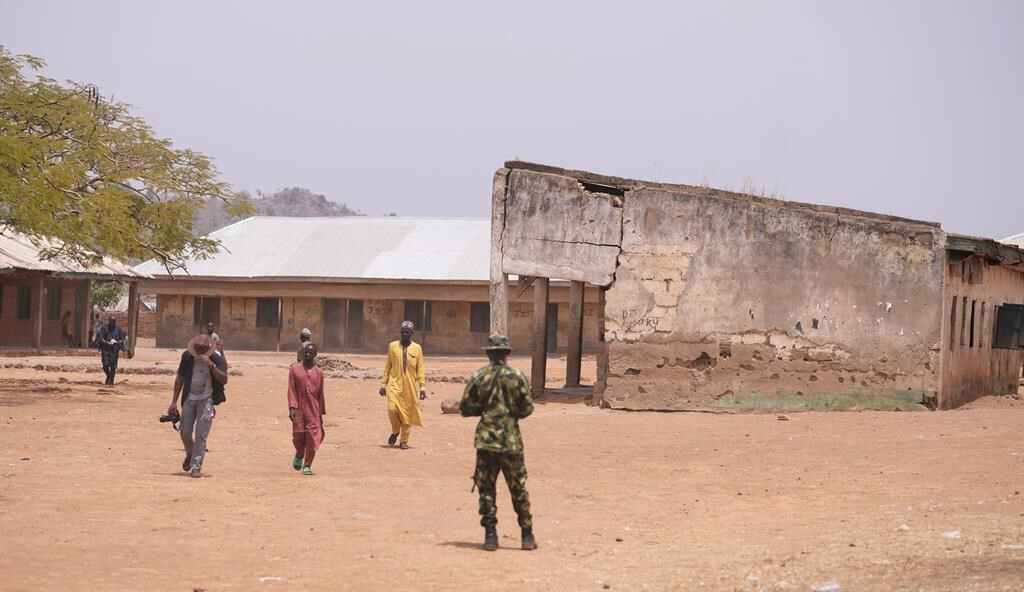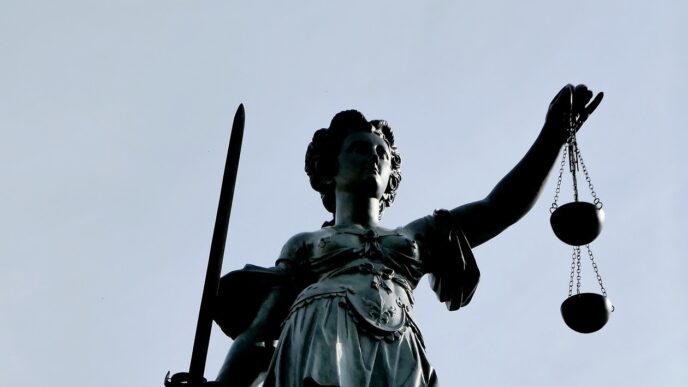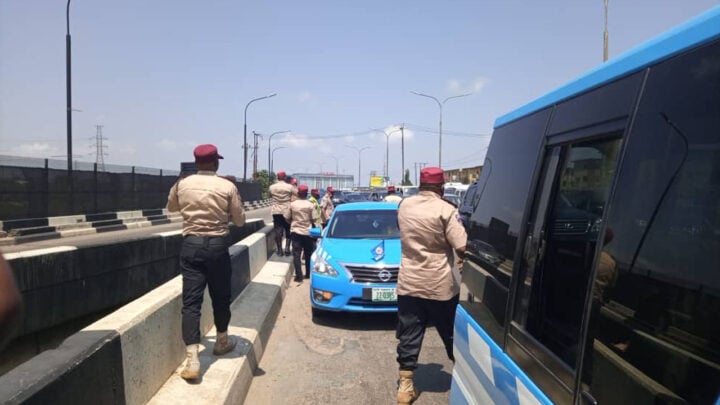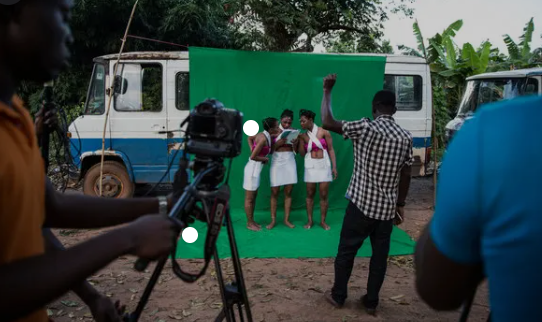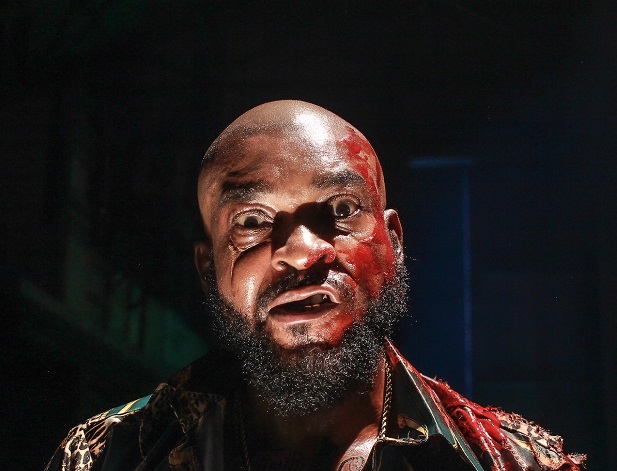BY MICHAEL ODUNLAMI
This episode will attempt to delve into the “koko” (main thing) in personal injury claims called “Damages” or “Money” in a simple sense. I am almost certain that you or someone you know has been injured because another person or company was careless by failing to do what they were supposed to do, or doing what they were not supposed to do. That person may be entitled to something called damages in law, that is, a monetary award that the law gives to injured people to help them recover from the harm or injury they’ve suffered from no fault of their own.
Many Nigerians are not aware of their rights when it comes to personal injury claims as I have said severally in this column, so, this article explains in simple terms what damages are, when courts award them, and how you can get justice after suffering from injury or losses as a result of someone’s carelessness, ignorance or recklessness.
Damages in a simple sense mean money ordered by the court to be paid by a wrongdoer, company, or organisation to someone who has been injured or suffered any loss due to their fault. In personal injury cases, damages are meant to compensate the victim for their pain, suffering, and any financial losses caused by the injury they sustained from injuries caused by others. It is the court’s way of saying, “We cannot undo what happened, but we can help you recover and move forward by compensating you as far as money can go.”
Advertisement
Damages can take different forms depending on the circumstances because no two cases are completely the same in law. The facts may be the same, but other factors can never be in full alignment. Although, there are many more but the common damages awarded by the courts in Nigeria are;
The first is special damages, which cover actual money you lost, like hospital bills, the cost of buying crutches or wheelchairs, transport to clinics, or the income you lost if you could not work as a result of the injury you sustained. It may also include taxi fare for taking your kids to school, games, or other routine activities you engage in before the accident.
General damages is the second, and it is awarded by the court for pain, suffering, and loss of enjoyment of life. It also covers emotional trauma and the discomfort you experience now and in the future as a result of the accident. As you know, every injury is different, and they all come with their peculiarities. However, one thing that is common to all is pain and suffering, and that can be physical wounds or mental, otherwise called psychiatric injury in law.
Advertisement
Future damages is awarded by the court if the injury affects your ability to earn or work in the future or will require future medical care. The court can award money for that also because someone caused your misery, and they cannot continue to enjoy their lives, while you are left alone to languish in pain and misery. The court will ensure that you get the money awarded to you to cover these expenses.
Although punitive damages are rarely awarded by the court, it is only ordered where the other party acted recklessly or wickedly; the court may punish them with extra damages as a way of compensating you for that unreasonable or reckless behaviour. The aim of the court in this respect is to punish the wrongdoer for the reckless act that caused your injury.
What gives rise to damages? You can only get damages if the injury was caused by someone else’s negligence or recklessness, which means they failed to act with reasonable care, as I have abundantly explained in our previous episodes. For example, if a driver, even a commercial bus driver (danfo), runs a red light and hits someone at a bus stop, such a driver can be held responsible for this reckless act. Why should you accept a “Sorry” as compensation for an injury that wasn’t your fault? Sometimes, victims of road traffic accidents are not even aware that all vehicle drivers on Nigerian roads must have at least a third-party insurance (You would normally pay for that each time you renew your vehicle licence), which has a legal duty to repair their vehicles after an accident, pay their hospital bills, and some other related cost.
Courts in Nigeria award damages when you can prove that the injury happened, that the person or company that caused the accident was careless or reckless, that the injury caused you pain, suffering, or financial loss, and that your lawyer filed the case in court within the legal time limit.
Advertisement
For clarity and to simplify the understanding of damages in personal injury law, let’s say Peter worked as a company driver. His employer kept forcing him to use a vehicle with worn-out brake pads and bad tyres, even though Peter had complained many times, the company refused to address the issues. One day, the brakes failed, and Peter had a terrible accident. He lost one of his legs. Now, he cannot drive again or earn his usual income.
In this situation, Peter can sue the company for damages. The court can order the company to pay him compensation by paying his medical bills and prosthetic leg, the salary he has lost and will lose in the future, his physical pain and emotional suffering, and also damages for the fact that his life has been changed forever.
Many people suffer injuries and just accept their fate, saying it is the will of God, a bizarre fallacy! If someone’s carelessness caused you harm, you have the right to demand compensation from the court. That money can help you recover and rebuild your life, even though your scar remains with you forever.
Injury caused by someone else’s carelessness is not just “bad luck and NEVER the will of God.” It is something the law recognises, and you can be compensated for it as long as you have suffered a loss or injury. If you or your loved one has been injured in an accident that was not your fault, speak up, see a personal injury lawyer, and fight for your rights.
Advertisement
This article is only meant for general understanding. If you believe you’ve suffered any harm or injury due to another person’s fault, and you are concerned about the high cost of hiring a lawyer, you can reach out to an experienced personal injury lawyer who can handle your case on a “NO WIN, NO FEE” arrangement, which simply means you only pay if you win and get compensation.
Michael ‘Lekan Odunlami, Esq. is a Lagos-based personal injury lawyer at Claybrook Attorneys. He can be contacted via [email protected]
Advertisement
Views expressed by contributors are strictly personal and not of TheCable.

